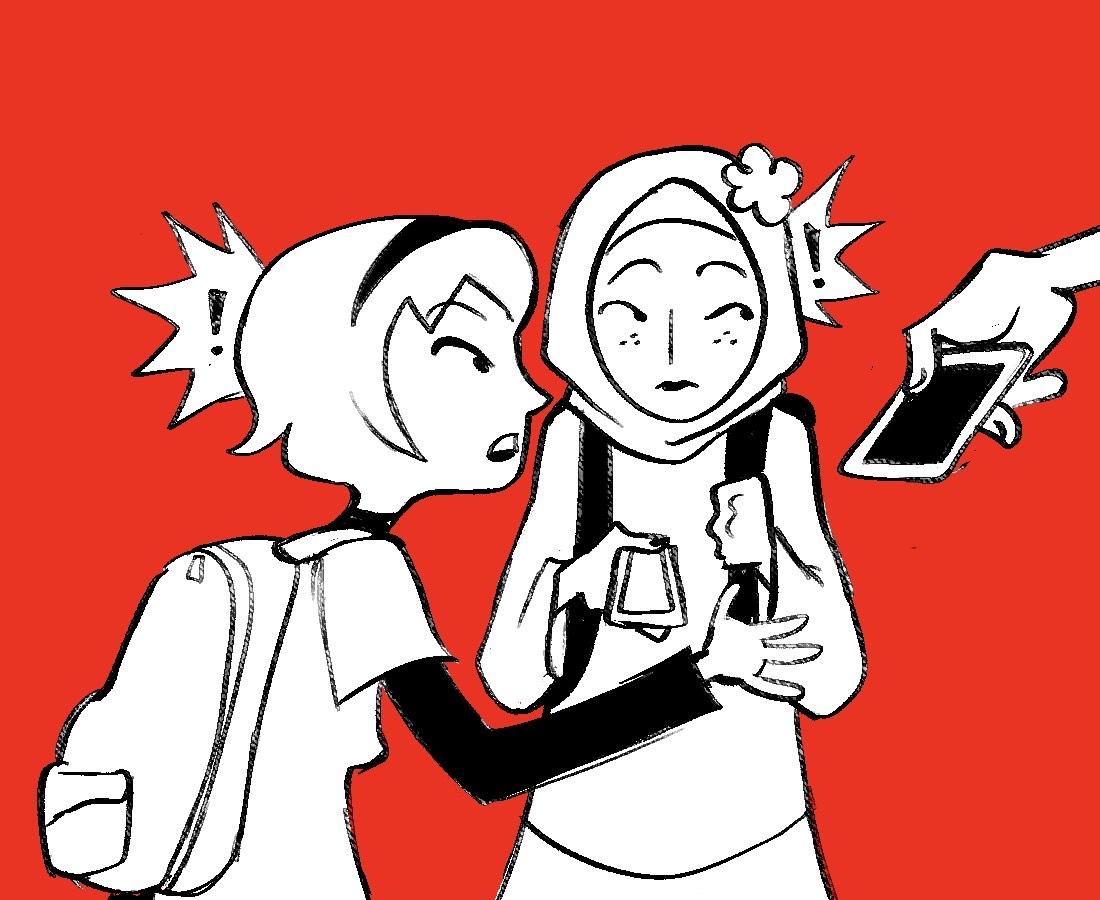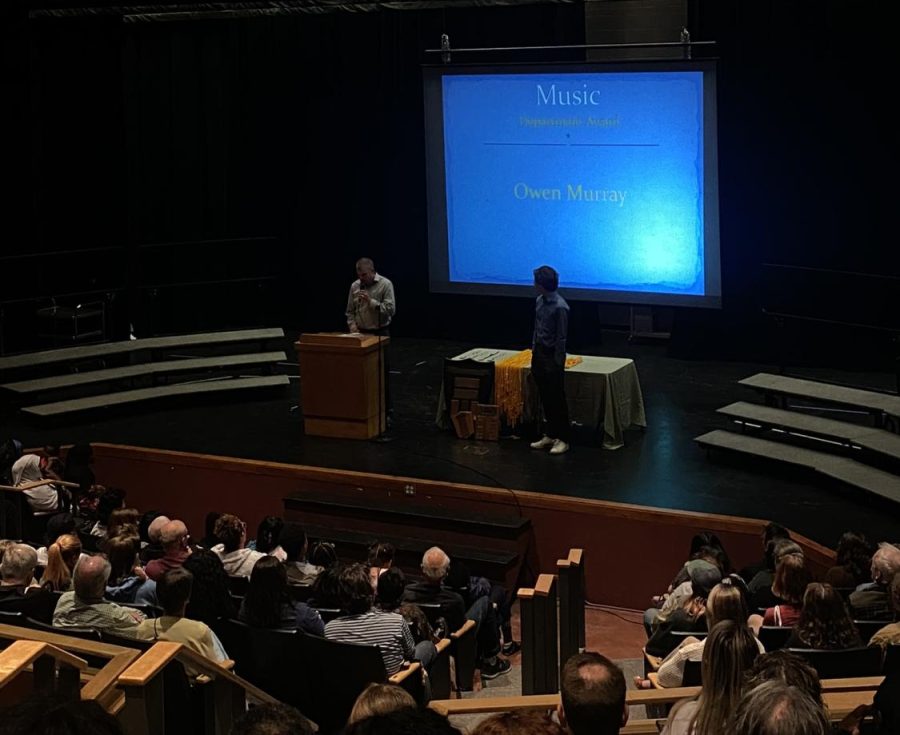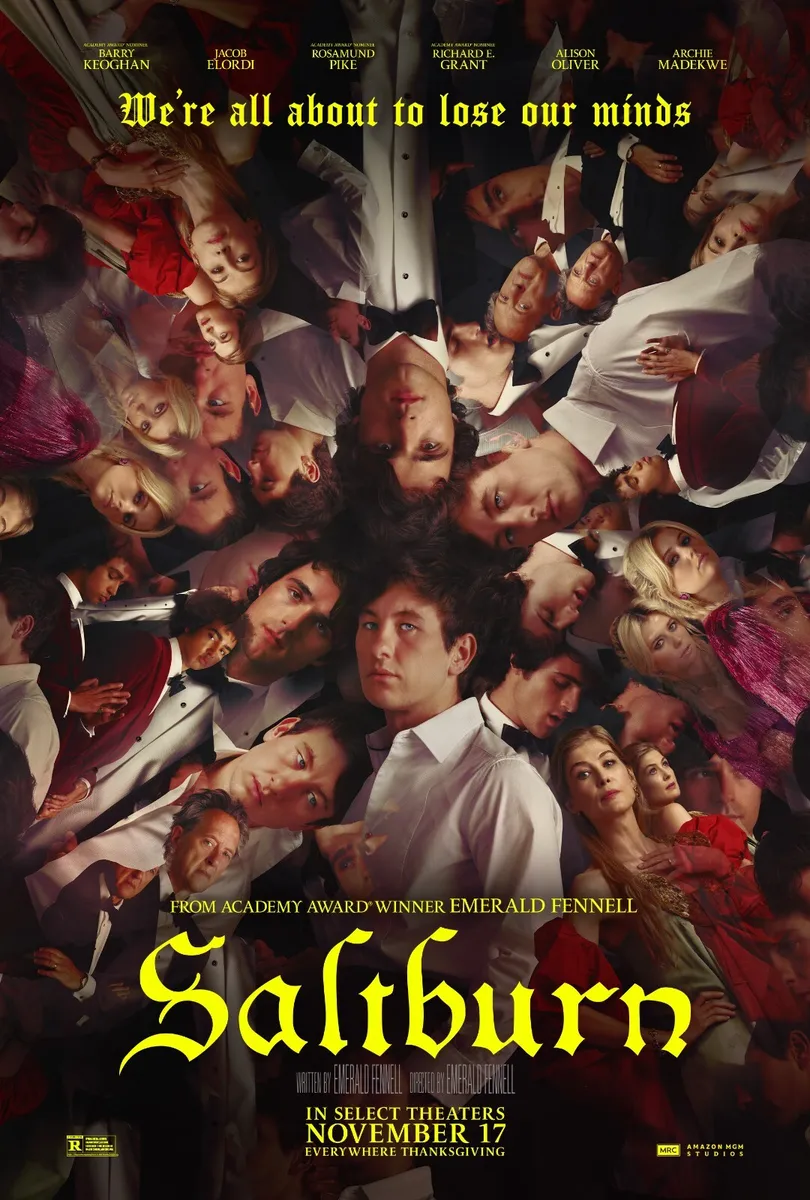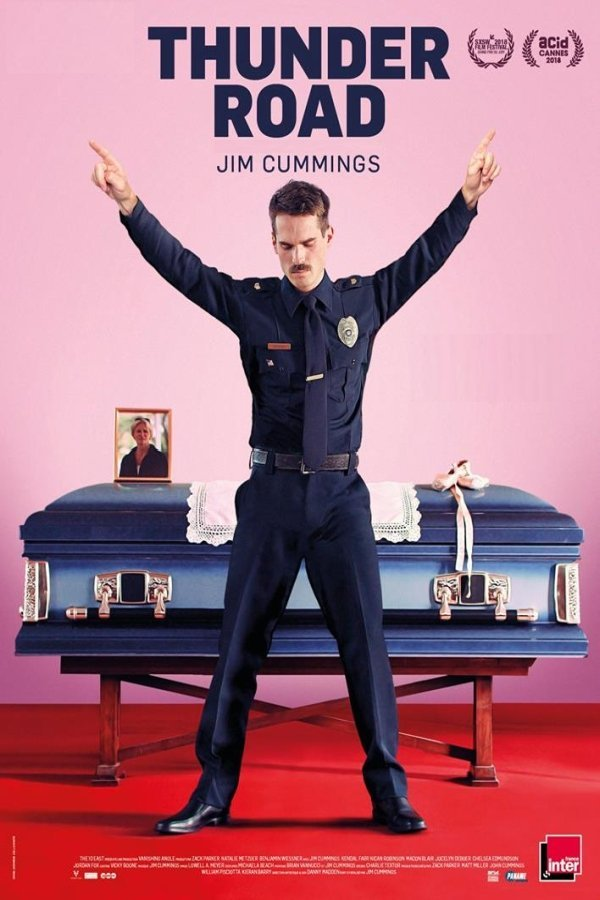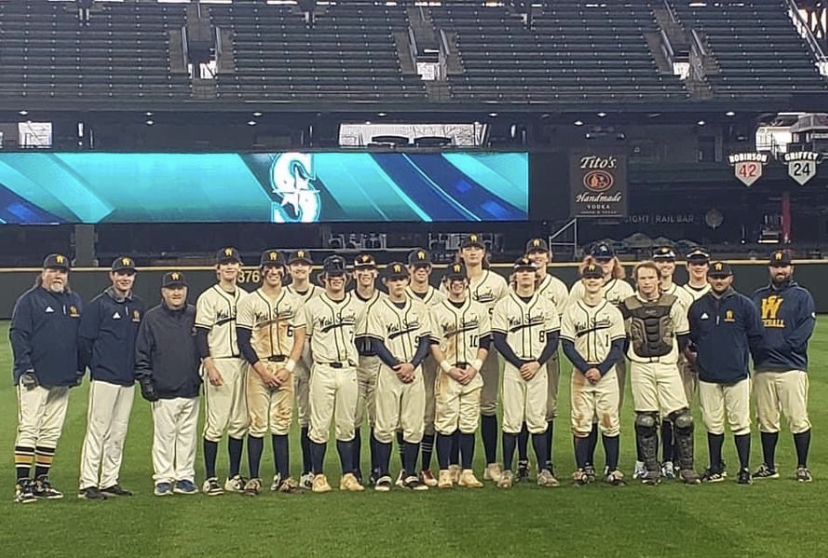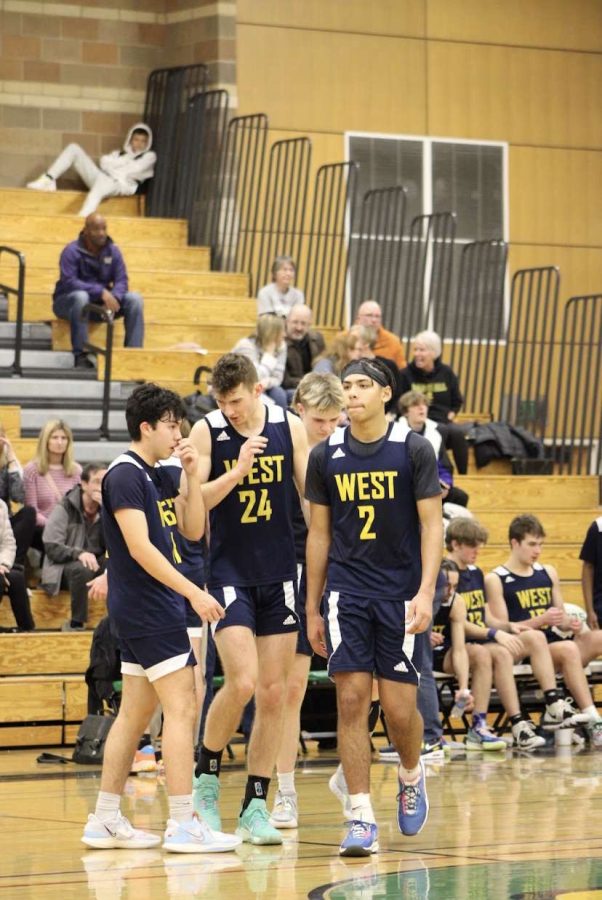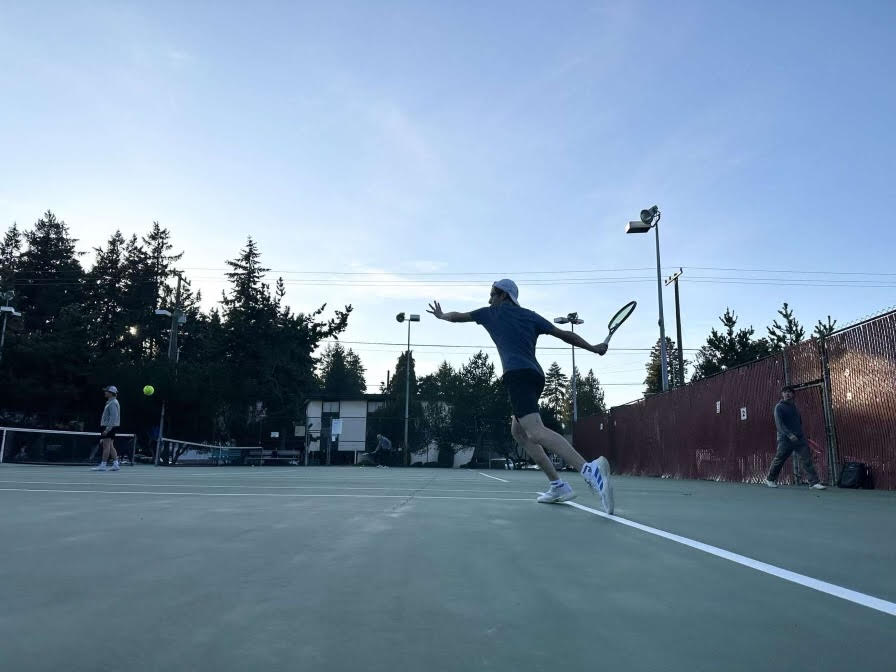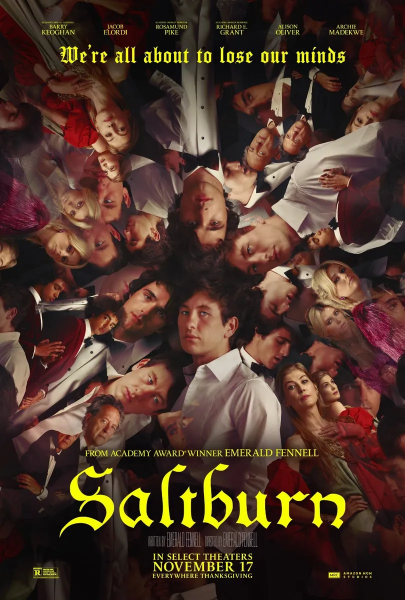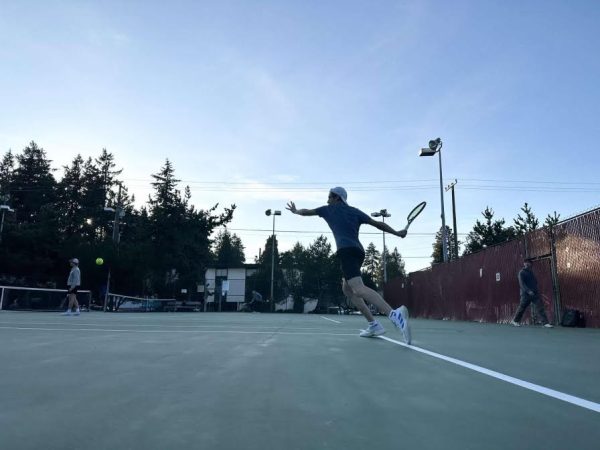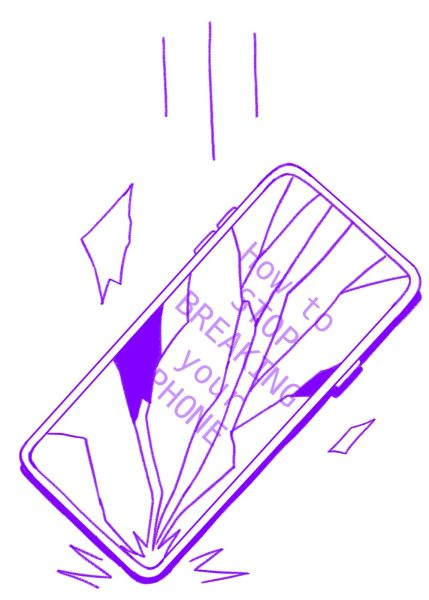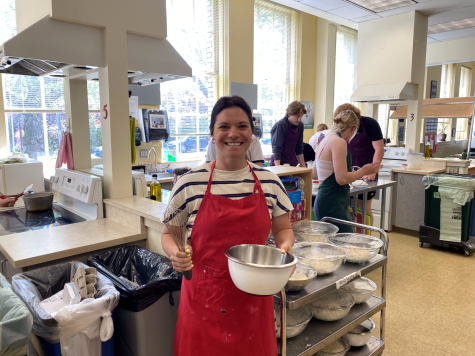Is social media exploiting our youth?
January 26, 2023
It has come to my attention that SPS (Seattle Public Schools) has filed a lawsuit against social media companies. I was sitting in my fifth period chemistry class when a teacher dropped this nugget of information. “I guarantee it, everyone’s gonna be talking about this case,” he said. “And SPS won’t lose a cent, just you wait and see.” I whipped my head up from my lab work and the cogs in my head began to turn. How can one public school system file a lawsuit against social media companies, such a driving force in not just students’ lives but teachers’ lives as well? I was confounded and yearned to learn more.
Social media has taken our world by storm in the last 10 years. With Myspace, Facebook, Tumblr, Snapchat, Instagram, and TikTok in our lives, it seems social media sites are popping up everywhere. Is this a good thing or a bad thing? Is this overabundance of shared media addictive or a helpful way to connect with our friends and witness fun and interesting content?
Everyone knows the negative side effects of social media, but that doesn’t stop us from using it everyday. Social media is addicting, and the media we consume is, on a whole, negative. To back up this statement, I have conducted an experiment. I opened 3 social media apps: Instagram, TikTok, and SnapChat. I looked at the first 5 posts or stories that came up on my feed and calculated how many of them contained negative content or put me in a negative headspace.
Upon opening Instagram I was face-to-face with content either heavily curated to my interests or from people I know. I liked all first 5 posts and was not feeling negative at all.
SnapChat made me annoyed simply because there was a lot of unnecessary content featured. However, I am on SnapChat the least, so it’s not a long-term problem.
TikTok was the most negative. There was a lot of unnecessary hate especially towards celebrities. In just 5 short videos, I witnessed slander to Billie Eilish, Kendall Jenner, and Percy Hynes. I don’t particularly like any of these celebrities, but that doesn’t mean I want to see random people bash them online.
However, even though the content I consumed was inherently negative, I fought the urge to keep scrolling after the first 5 videos. One could compare the feeling to dumpster diving: you are driven to continue trudging through mountains of trash until you find one shining treasure. Or in this case, scrolling until you find a video that is actually entertaining to you.
Now, venturing back to our original topic: the lawsuit. I did some quick research and found that SPS (Seattle Public Schools) is concerned for its students’ mental health. The complaint contends that social media companies — such as TikTok, Instagram, Facebook, SnapChat, and YouTube — constructed their platforms to deliberately “exploit the psychology and neurophysiology of their users into spending more and more time on their platforms.”
This aligns exactly with my experiment funnily enough. Although Instagram may not be featured, SnapChat and TikTok are featured in the lawsuit, and this makes sense seeing as they are the most negative platforms based on my experiment. This also makes complete sense given the addictive nature of the apps, especially TikTok. This is the app that sucks me and many other people in for hours at a time. They are far too compelling, especially when young minds are concerned.
Now, I can’t testify to whether these platforms are intentionally exploiting our youth, but I can’t deny their addictive nature. In fact, many teenagers are aware of these facts even without a lawsuit filed by their school system. This begs the question: if we know these apps are addictive why don’t we stop? Well, think of it this way, if a smoker knows smoking is bad why can’t they just stop? It’s oddly the same scenario. There is no true fix for the endless supply of media prescribed to teens and adults today, but maybe this lawsuit is a good start to upsetting the mindless scrolling and hours spent online.

